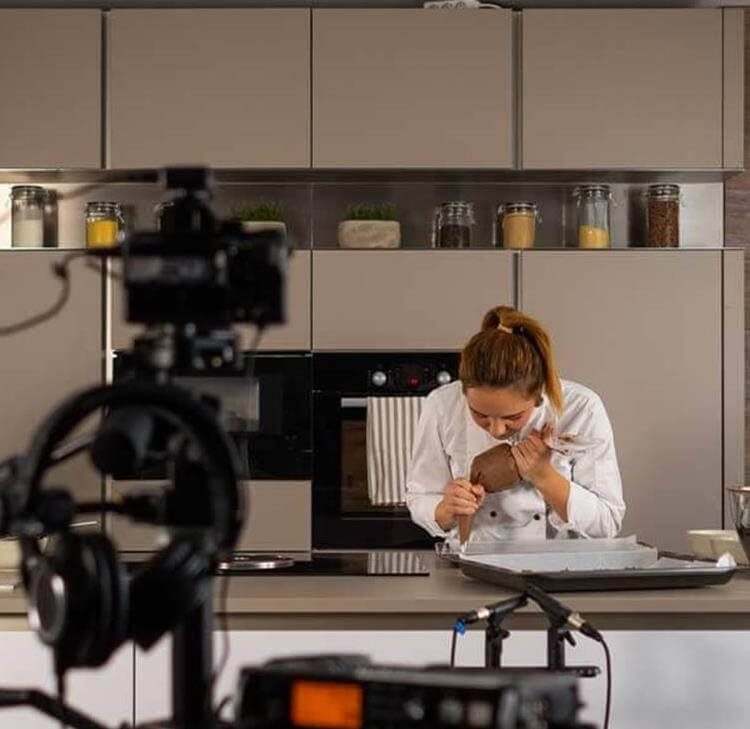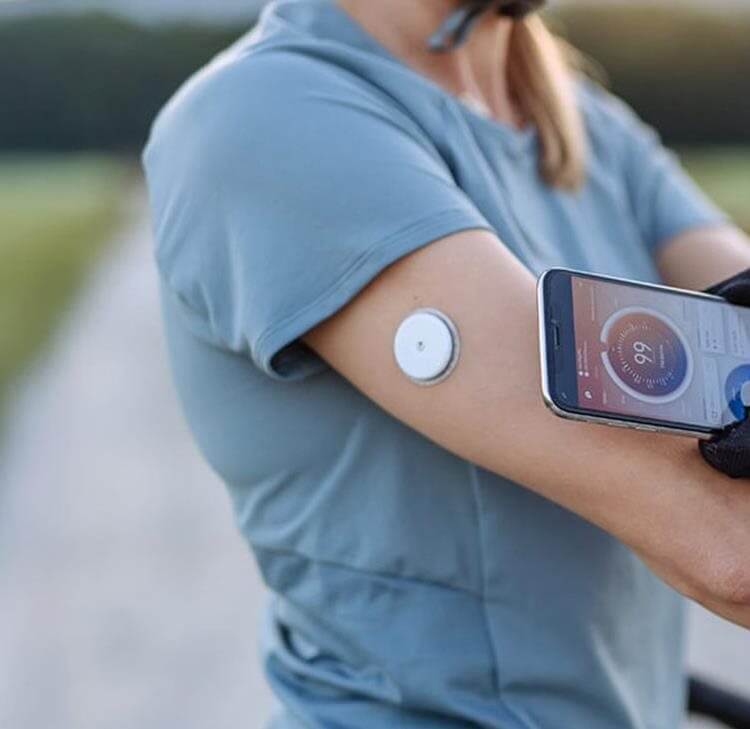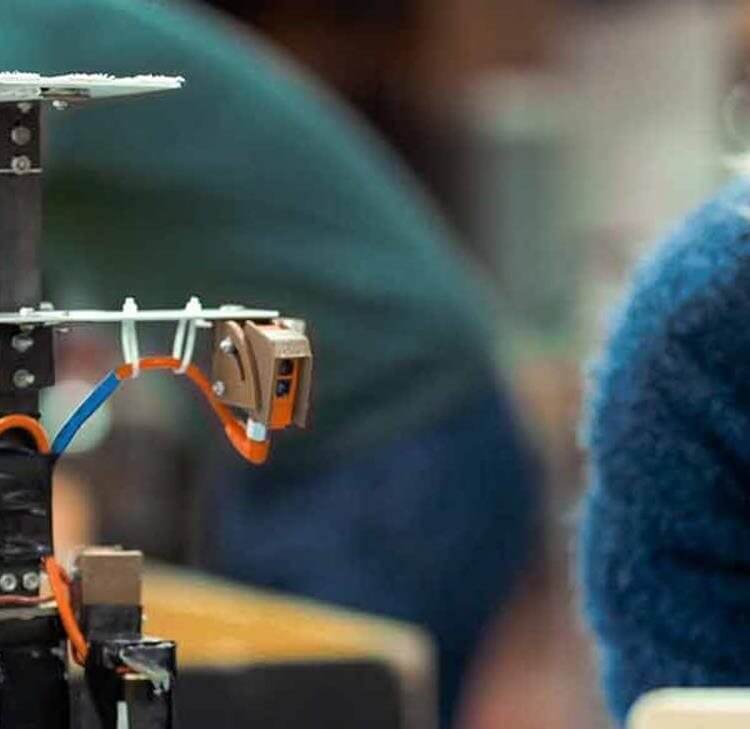Citation: Panasonic Holdings Corporation v Xiaomi Technology UK Limited [2024] EWCA Civ 1143.
The Court of Appeal has declared that Panasonic’s refusal to grant an interim licence to Xiaomi is not FRAND. Panasonic sued Xiaomi in England. Both parties agreed the English Courts would determine FRAND terms for a global licence. Panasonic nevertheless continued to pursue proceedings in Germany and before the UPC. The Court of Appeal held that Panasonic’s conduct was “indefensible” and not FRAND.
Background
The English courts’ power to grant declarations continues to be put to new uses. The Court of Appeal has recently overturned a first instance decision which granted a declaration that Panasonic’s failure to grant an interim licence was not “Fair, Reasonable, and Non-discriminatory” (FRAND).
The key facts are as follows: Panasonic sued Xiaomi in the English courts. Both parties agreed that the English courts would determine FRAND terms for a global licence and undertook to enter into that licence. The determination of which terms are FRAND is listed to be heard in October and November 2024. The presiding Judge, Mr Justice Meade, has said that he will aim to hand down the judgment before the end of December 2024 if possible. Panasonic nevertheless continued to prosecute litigation in Germany and before the UPC. Xiaomi therefore applied for a declaration that a willing licensor would grant an interim licence (with royalties to be adjusted later following the FRAND judgment), rather than pursue injunctions in other jurisdictions.
Lord Justice Arnold gave the leading judgement and held that the declaration should be granted. He explained why Panasonic’s conduct was not FRAND:
“In my judgment Panasonic’s conduct is indefensible. As discussed above, FRAND is a process and not merely an end-point. Panasonic is not complying with its obligation to negotiate a licence with Xiaomi in good faith, and thereby avoid hold-up, but aiming to coerce Xiaomi into accepting terms more favourable to Panasonic than the Patents Court would determine to be FRAND”.
Important to this is the reference to CJEU’s decision in Huawei v ZTE, C-170/13, where the CJU explained that the FRAND obligation extends to the process as well as the terms of the licence.
The decision may well reach the Supreme Court. In a dissenting judgment, Lord Justice Phillips said that, whilst Panasonic’s conduct was indefensible, it was not appropriate to grant a declaration that Panasonic should be entering into terms which a court had not determined were FRAND. Lord Justice Phillips believed that an anti-suit injunction was a more conventional remedy and that Xiaomi should have applied for instead.
Key contact

Giles Parsons
Partner
giles.parsons@brownejacobson.com
+44 (0)20 7337 1505









































